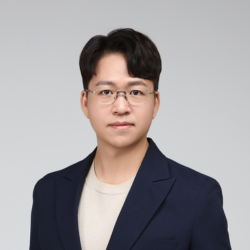Artificial Intelligence (AI) is reshaping how geotechnical engineers understand, predict, and respond to urban disasters. To effectively harness AI, engineers must first master a structured workflow — from defining engineering problems and curating reliable datasets to selecting suitable models and interpreting outputs within meaningful geotechnical contexts.
This webinar introduces a step-by-step application of AI in slope engineering, demonstrating how digital methods can transform traditional analysis into a real-time decision-making process. The session will explore the estimation of effective cohesion (c′) and the direct prediction of the factor of safety (FOS) under rainfall-induced slope failure conditions.
Register now
